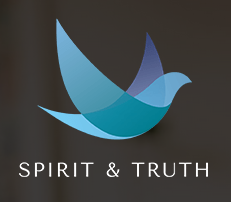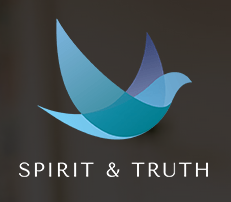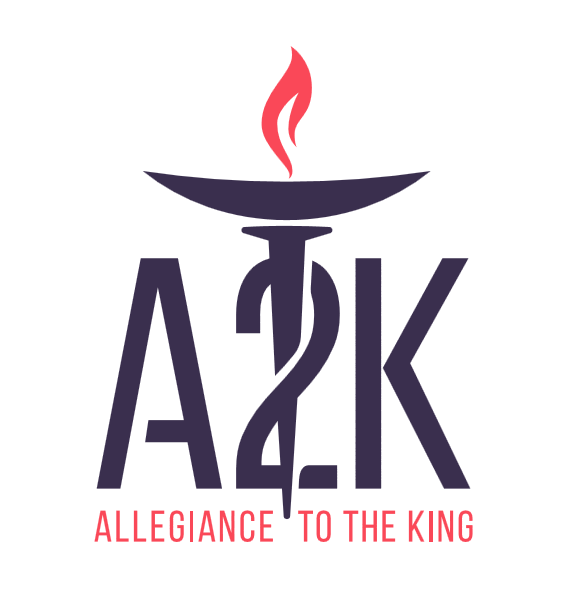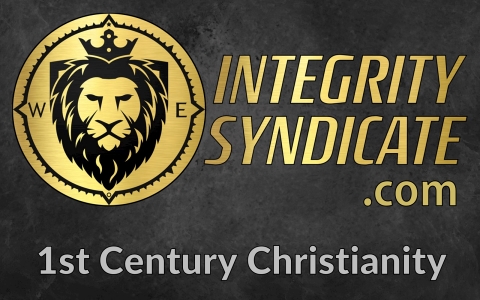I first encountered Spirit and Truth via their content-rich, long-running website biblicalunitarian.com. I returned to this often as I wrestled with disentangling my understanding of Scripture from distorting later traditions. And as far as I know, they coined and/or popularized the term “biblical unitarian,” a helpful and more accurate replacement for the moldly oldy “Socinian.”
Nowadays they are up to a lot more, including online fellowships, Jerry Wierwille’s Words of Wisdom podcast, teaching videos on the Bible and Christian living by John Schoenheit, and devotional blog posts by Rene Duggan and others.
You’ll be able to meet John and Jerry at the Conference; be sure to stop by the Spirit and Truth table to find out more about what they’re doing and how it can benefit you.
Finally, I must mention their amazing, ongoing REV project – an unabashedly unitarian translation and commentary. (Yeah, with phone apps too!) I leave you with their translation of John 8:58 and a sample of their very helpful and accurate comments on that much-misunderstood verse.
Jesus said to them, “Truly, truly, I say to you, before Abraham was born, I am the one.”
Comments: “I am the one.” Many Trinitarians argue that this verse states that when Jesus said “I am” that he was claiming to be God, (i.e., Yahweh, the God who revealed Himself to Moses in the Old Testament). But saying “I am” does not mean a person is claiming to be God. The Greek that is translated as “I am” is egō eime (ἐγὼ εἰμί), and it was a common Greek way for a person to identify themself. For example, only ten verses after Jesus said, egō eime (“I am”) in John 8:58, the man who had been born blind identified himself by saying exactly what Jesus said; egō eime (“I am;” John 9:9). Thus, Jesus and the man born blind both identified themselves by saying egō eime (“I am”), only ten verses apart. . . . Jesus said egō eime (“I am”), in a large number of places, but it is usually translated “I am he,” “It is I,” or “I am the one,” which are good translations . . . Examples of Jesus using egō eime include: John 13:19; 18:5, 6 and 18:8; Jesus identifying himself to the apostles on the boat: Matthew 14:27; Mark 6:50; and John 6:20; and Jesus identifying himself to the Jews, saying egō eime, translated “I am the one I claim to be” (NIV84, John 8:24 and 8:28.). All these places where Jesus says egō eime but it is not translated “I am” shows that the translators understand that just saying egō eime does not mean the person is claiming to be God.
. . . It is also important to notice that many people misread John 8:58 and think it says Jesus saw Abraham. We must read the Bible carefully because it says no such thing. It does not say Jesus saw Abraham, it says Abraham saw the Day of Christ. A careful reading of the context of the verse shows that Jesus was speaking of “existing” in God’s foreknowledge. John 8:56 says, “Your father Abraham rejoiced to see my day, and he saw it, and was glad.” This verse says that Abraham “saw” the day of Christ (the day of Christ is usually considered by theologians to be the day when Christ conquers the earth and sets up his kingdom—and it is still future). That would fit with what the book of Hebrews says about Abraham: “For he was looking forward to the city with foundations, whose architect and builder is God” (Heb. 11:10). The Bible says Abraham “saw” a city that is still future. In what sense could Abraham have seen something that was future? Abraham “saw” the day of Christ because God told him it was coming, and Abraham “saw” it by faith. Although Abraham saw the day of Christ by faith, that day existed in the mind of God long before Abraham. Thus, in the context of God’s plan existing from the beginning, Christ certainly was “before” Abraham. Christ was the plan of God for man’s redemption long before Abraham lived.
Jesus did not claim to be God in John 8:58. In very strong terms, however, he claimed to be the Messiah, the one whose day Abraham saw by faith. Jesus said that before Abraham was, “I am the one,” meaning, even before Abraham existed, Jesus was foretold to be the promised Messiah. Jesus gave the Jews many opportunities to see and believe that he was in fact the Messiah of God, but they were blind to that fact, and crucified him.









